(Editor’s Note: Several RedState contributors and editors volunteer their time to work with animal shelters on a regular basis, including Andrew Malcolm and Deputy Managing Editor Susie Moore. Since we all can use good news stories, especially involving Man’s Best Friend, these days, we’re sharing Toby’s tale on the front page.)
The first rescue dog entered my life in 1950. He was a St. Bernard living in the cramped city apartment of an elderly lady who was kind but couldn’t care for a giant, even a gentle one like Buddy.
Early the first morning of our life together I rushed downstairs in our rural Ohio home to see him. There, on the back porch were strewn the gnawed remains of his new leather harness and leash.
But over there in the corner awaiting breakfast sat my new pal, liberated from the city and a leash he would never wear again. He was, of course, panting, his immense pink tongue hanging out. Buddy would become my BFF before there were such things.
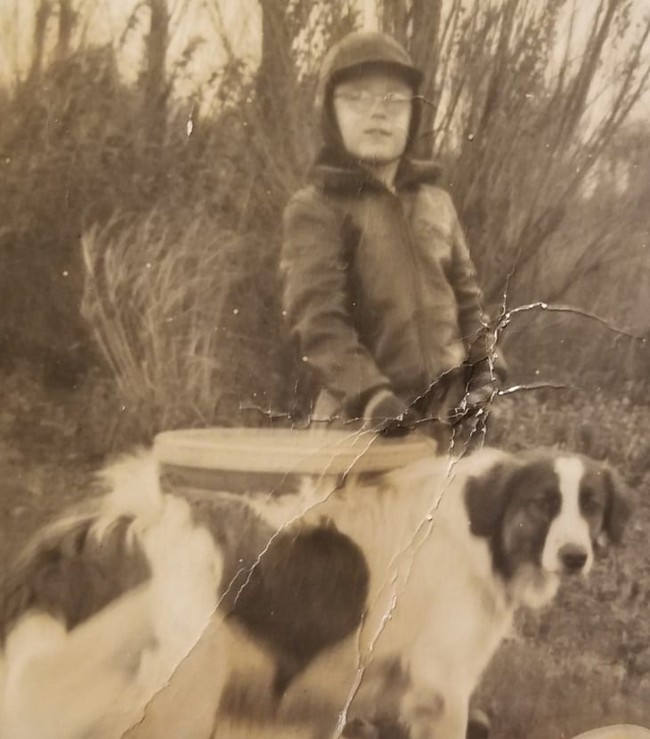
We spent some childhood years there, running through the woods and fields together, playing hide and seek. In the privacy of his large doghouse, I had long talks at him. He listened, like a big brother. Sometimes I’d fall asleep leaning on him. He didn’t mind.
Many other dogs, mainly rescues, have passed through my life over time, each one enriching the years. I live with two dogs now, an aging Westie rescue who lost all his teeth along the way, and a psycho Border Collie with a sizeable vocabulary and the ability to open doors—until we changed the doorknobs.
In recent years I’ve taken to volunteering at local pet shelters. Every one of them needs dog walkers and cat cuddlers. Just Google “pet shelter” with your ZIP code for the nearest.
I really don’t do much. I sit on a little stool not facing them. No eye contact at first. I talk to them. After some time, I proffer a hand for sniffs. It’s capable of scratching, you know. And willing. Eventually, they notice.
But that kind of trust can take time to establish.
I wouldn’t trust me either after what I can only imagine these little critters have endured, judging by their scars and fearful faces. Dumped from cars by people they trusted. Hungry. Neglected.
One volunteer friend sat on the surface of a hot motel parking lot for two hours, talking calmly to a stray, tossing out an occasional treat, and slowly scooting closer and closer.
He languished for months in the shelter because when people toured, he hid in a corner, refusing to look. But we worked with him and so did fellow rescues in the play yard.
In the end, one day passersby saw him frolicking with his pals. He now resides in a large house on Puget Sound with two other dog friends, a motor yacht, and his own monogrammed lifejacket—Jack.
Here’s a confession: I thought I was doing a good deed for these orphan dogs, helping to feed and socialize them to live within caring adoptive families. And I was.
But truth be told, I may get more from these interactions than they do. It simply feels good at the time and later. One day, I had two chihuahuas in my lap. Both shivering in fear. After 10 minutes of talking and patting they were playing with each other. After 35 minutes they fell asleep splayed there, oblivious to my bathroom need.
Last winter we moved into the rural mountains of eastern Tennessee. Beautiful area with friendly people right out of the 1950s. In general, it’s a different pet culture there. Neutering pets is not routine, nor is keeping them corralled around the home.
The result, quite naturally, is an over-abundance of puppies and kittens. I volunteer now at a new shelter where the challenge besides getting donations is education and spaying neutering, vaccinations, and microchipping, which can become costly.
The shelter relies on scores of foster families and dozens of volunteers who walk, feed, clean, and nurture the crowds of lost creatures. I’m just one of them. A few adoptions go to nearby cities, but the volume of available dogs and cats far exceeds local demand.
Fortunately, that equation is reversed in Midwestern and Northeastern cities. Kindly collection agencies with specially-equipped van take the rural surplus to place in eager homes waiting there.
On one of my early shelter visits here, the director pointed me to a pen where a lonely newcomer newly-named Toby was cowering on a blanket. I sat next to him.
But he wasn’t just cowering. He was shaking uncontrollably. We don’t know his story. He was clean, appeared well-fed. But someone he trusted had dumped him on a busy roadside in a rainstorm.
If I was generous, I’d say those people thought the dog might be found sooner there. However, I’ve seen so many of these cases, my generosity for dumpers is gone and I suspect they thought he might get hit quicker there. There is a special place in Hell for people who betray such trust, I hope.
Toby was found sitting in a dirty puddle, shivering, befuddled. He went to the car willingly.
Next day in February, Toby wouldn’t even look at me. He was quite jumpy. Touch him and he’d twitch his head around to the threat briefly.
I talked calmly about how he was safe and handsome and nothing bad would happen anymore.
Finally, Toby turned his head to look. I put out my hand slowly. He still winced. But condescended to smell it.
Soon after, I rested my fingers on his shoulder, then stroked it softly so he’d know someone was there. At first, he twitched, but the shaking slowed as time passed. I moved my little stool closer. And patted with my whole hand.
Another hour later the shaking was only occasional. I offered him a treat. Oh, boy! He did not expect that. Major shaking resumed.
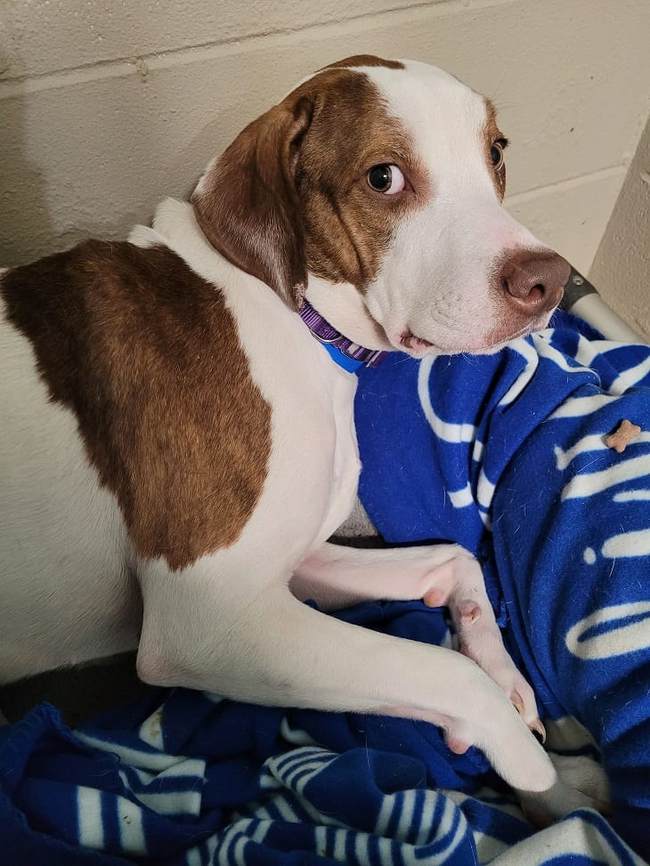
I continued talking and moved my hands to his ears. I’d read that ear scratchings release pleasure endorphins in dogs. I don’t know if it was that or just the affectionate touching, which come to think of it, calms babies, too.
But soon the shivering stopped completely. In fact, he leaned his head into my hand for harder scratches. We continued like that for perhaps another hour. I don’t remember exactly. His growing peace had prompted my pleasure endorphins to flow, too.
A few days later, I returned to continue our friendship. But Toby was gone. He was already in a local foster home, learning the sounds, smells, and routines of a normal family.
Once stabilized in a few weeks, he joined a canine platoon of other orphans for the long road trip to waiting families in New England.
Last weekend we received photographs. There was a chunky Toby in his new furever home, peacefully asleep. He lay on a couch with a child stroking his side where I had.
In another, a little girl using him as a furry warm pillow.
One photo struck home with emotional echoes of my private times with Buddy.
Toby was on the floor in front of a fireplace, again fast asleep. He’d spilled over the edge of his dog bed because he was sharing it with a little boy, also snoozing. For some reason, Toby had placed a paw on the youngster’s shoulder.
Neither one was shivering.
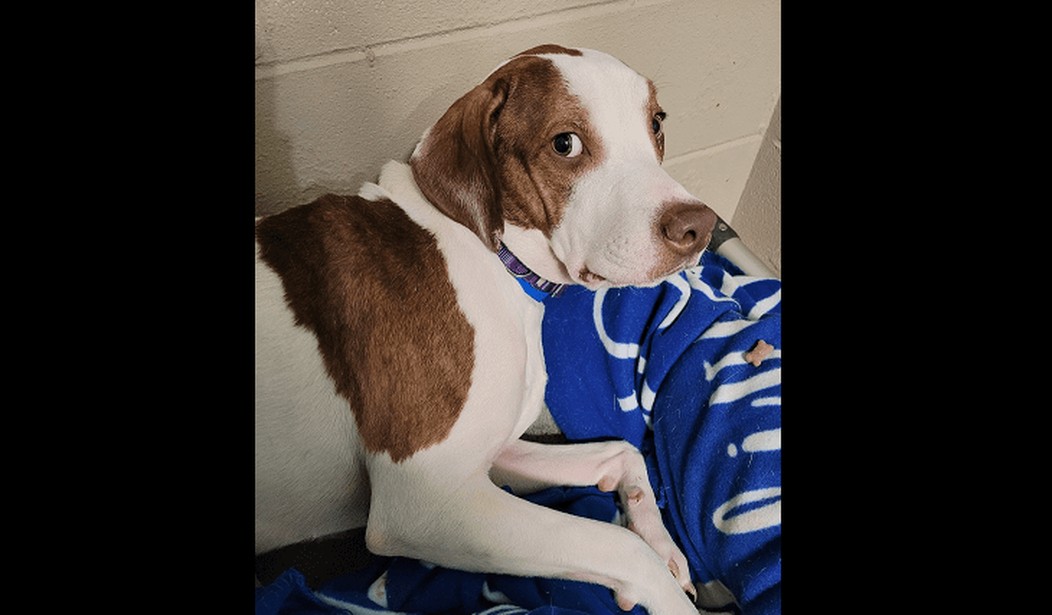
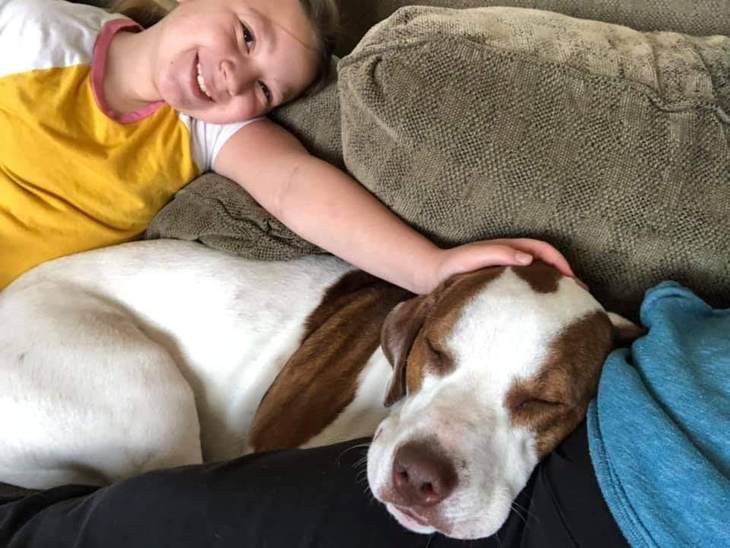
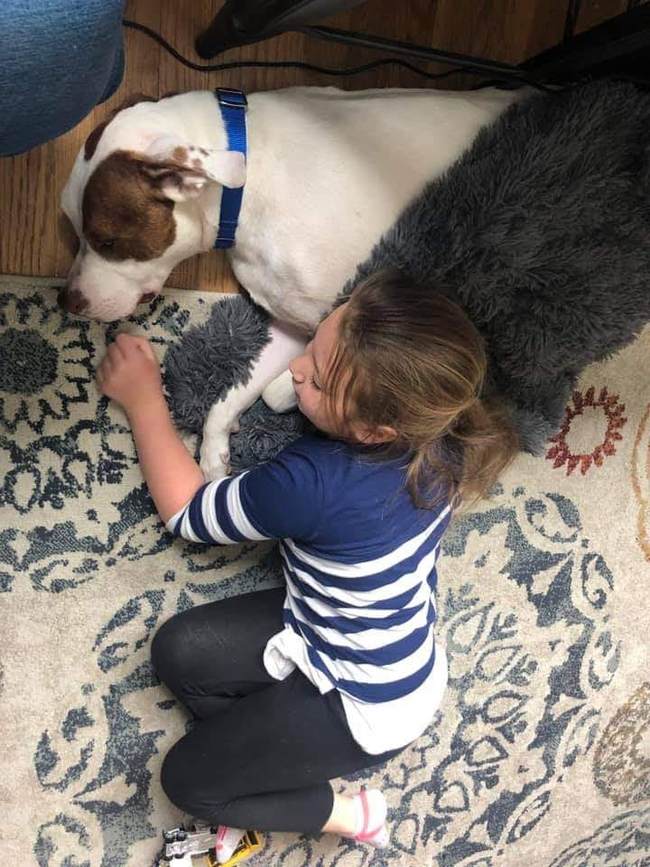
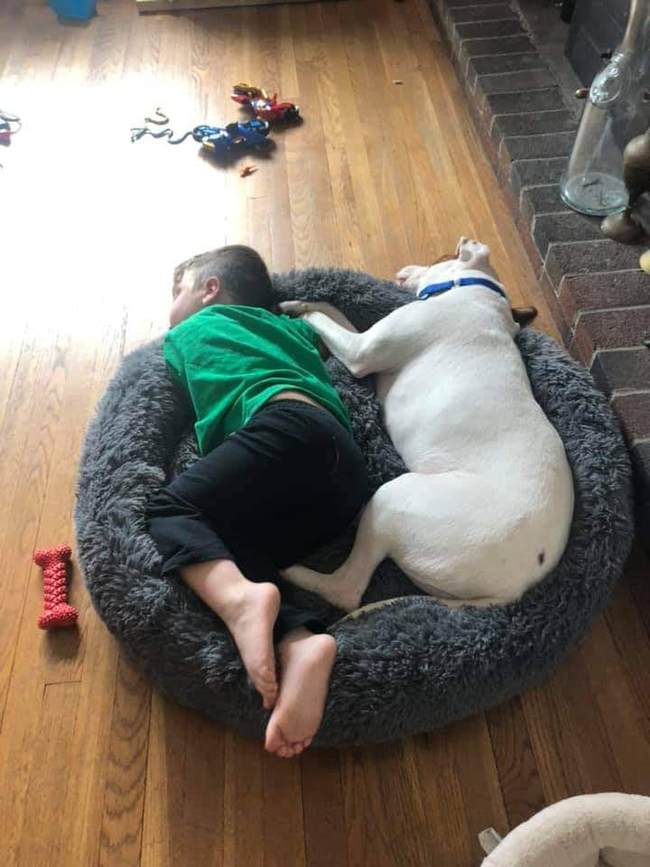













Join the conversation as a VIP Member